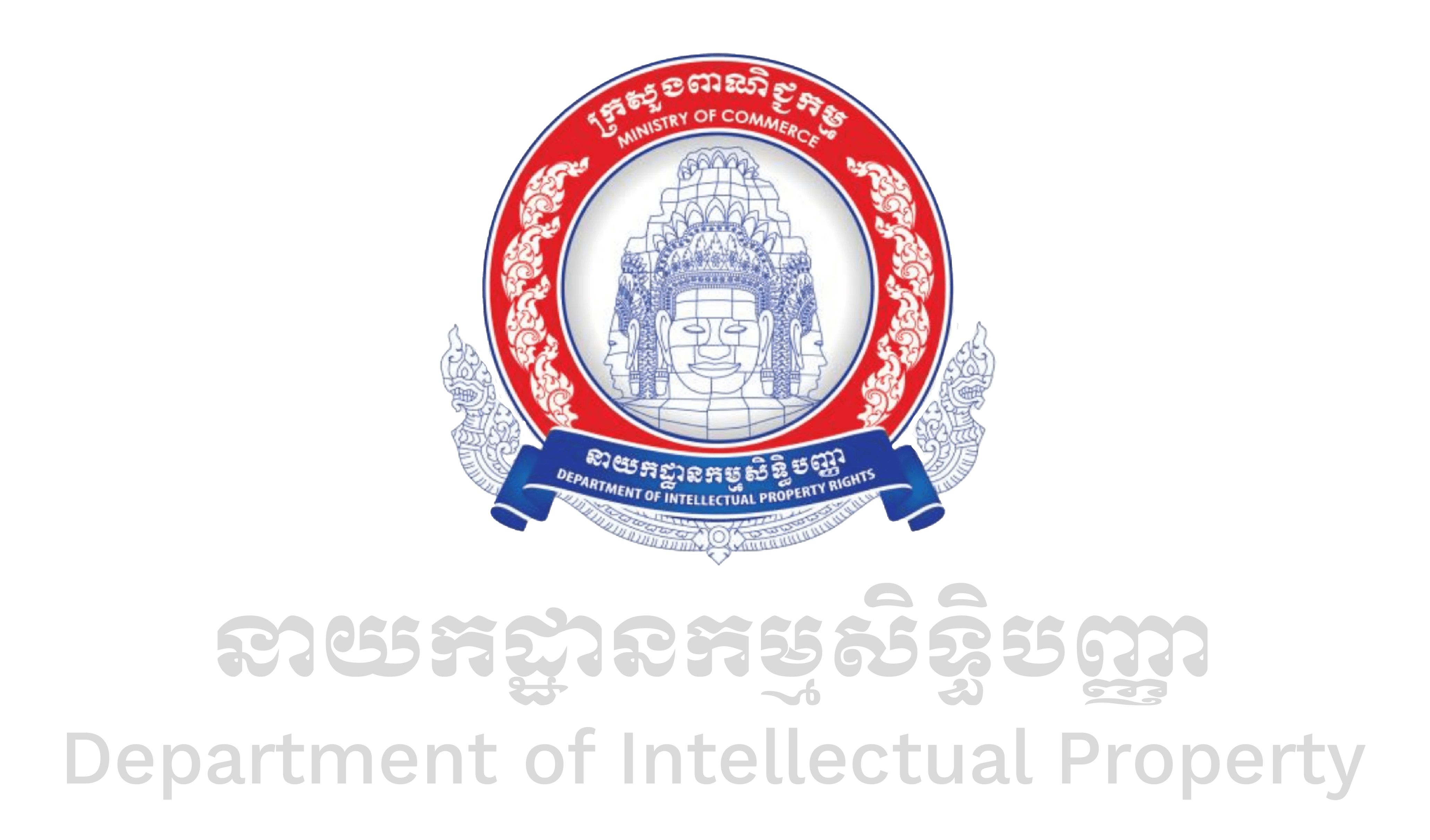What Are Traditional Brunch Hours li mi n l mi n There is no difference We use both But my friend said her child is learning they are the same word but we usually use on writing Basically Taiwanese use and Hong Kongers use but the other is also understandable Chinese use as simplified and as traditional Sometimes HKers use
li l l the meaning of and is the same basically but we use almost all of the time in traditional Chinese will appear in addresses representing village However in simplified Chinese is the simplified form of CharlieLin 1 Mandarin Chinese Mandarin Chinese 1 A person who is from China is Chinese 2 The language Including Mandarin Cantonese and Simplified Traditional script Mandarin Spoken language of Most of China and Taiwan Cantonese Spoken language of Hong Kong and such places
What Are Traditional Brunch Hours

What Are Traditional Brunch Hours
https://www.cambodiaip.gov.kh/wp-content/uploads/2024/07/Logo-Remove-BG.png

Sunday Brunch Linwood Country Club
https://www.linwoodcountryclub.com/wp-content/uploads/2021/01/2.7.20-Brunch.jpg

B R I D A L G R A Z E We Had The Pleasure To Create A Special
https://i.pinimg.com/originals/ff/bf/80/ffbf8014d5bfa369905f2218b77d0bcd.jpg
In his plays he takes simple traditional tales and elaborates them I m interested only in the first item Can I make the next conclusion from this definition and if not then why If we want to convey the first meaning of the verb to elaborate we can use both to elaborate on something and to elaborate something In Taiwan knowledge of about 4 000 traditional characters is necessary for reading a newspaper and for most other common purposes while in mainland China only 3 000 simplified characters may be adequate In 1952 literacy for peasants was defined as knowledge of 1500 characters and literacy for workers as knowledge of 2000 characters
The difference is that minded in traditional minded isn t a past participle It s an adjective formed from a noun compare for example open minded or level headed That said you may come across traditionally minded too Neither option is particularly common a Google search throws up only about 160 hits for both traditional minded and traditionally minded Moderator s Note Merged with a previous thread Hello How would one translate into English Based on my research godfather godmother are not the correct translations because the terms have nothing to do with religion Thanks
More picture related to What Are Traditional Brunch Hours

Simple And Pretty Way To Set Up Buffet Table Buffet Del Brunch
https://i.pinimg.com/originals/a6/c7/4b/a6c74b4750609480d31a06d6480c69f4.jpg

15 Masculinity Examples 2025
https://helpfulprofessor.com/wp-content/uploads/2022/12/masculinity-examples-definition-1024x724.jpg

2023 6 11 CALDO
https://simply-delicious-food.com/wp-content/uploads/2022/09/Breakfast-board28.jpg
Hello everyone I know that on is correct when we say on the morning of a date But a Chinese English teaching website says that if we put early or late before morning in is also acceptable Is that correct I made two example sentences to compare 1 The fire broke out on the j n gu n j n gu n Actually there s no such word as However the word and are both written as in simplified chinese so sometime when you translate simplified to traditional chinese these kind of mistakes happen TheKentishGuy We only use this word in traditional mandarin This s wrong word
[desc-10] [desc-11]

Chicago Small Wedding Packages Chicago Small Weddings And Elopements
https://i.pinimg.com/736x/a8/5a/9e/a85a9e323d8440cdedc376c20392c673--menu-brunch-rehearsal-brunch-ideas.jpg

Samoan Food 11 Must Try Traditional Dishes Of Samoa Travel Food Atlas
https://travelfoodatlas.com/wp-content/uploads/2022/11/chicken-Paella.jpg.webp

https://tw.hinative.com › questions
li mi n l mi n There is no difference We use both But my friend said her child is learning they are the same word but we usually use on writing Basically Taiwanese use and Hong Kongers use but the other is also understandable Chinese use as simplified and as traditional Sometimes HKers use

https://tw.hinative.com › questions
li l l the meaning of and is the same basically but we use almost all of the time in traditional Chinese will appear in addresses representing village However in simplified Chinese is the simplified form of CharlieLin 1

Entertaining Easy Brunch Easy Brunch Menu Brunch Party Menu

Chicago Small Wedding Packages Chicago Small Weddings And Elopements

Make Ahead Croissant Egg Sandwiches for All Your Brunch Needs

Traditional Media 10 Examples And Definition 2025

16 Traditional Swiss Recipes Cuisine Recipefairy

Home Appetizers Easy Breakfast Brunch Appetizers For Party

Home Appetizers Easy Breakfast Brunch Appetizers For Party
:max_bytes(150000):strip_icc()/3x2_regional-mexican-in-america_allrecipes-2000-9364289463ad44b6a194e4dd42be5b64.jpg)
Hispanic Food Culture

20 Delicious Brunch Party Food Ideas Smart Party Ideas

20 African Vegetables Popular Varieties And Common Picks
What Are Traditional Brunch Hours - The difference is that minded in traditional minded isn t a past participle It s an adjective formed from a noun compare for example open minded or level headed That said you may come across traditionally minded too Neither option is particularly common a Google search throws up only about 160 hits for both traditional minded and traditionally minded